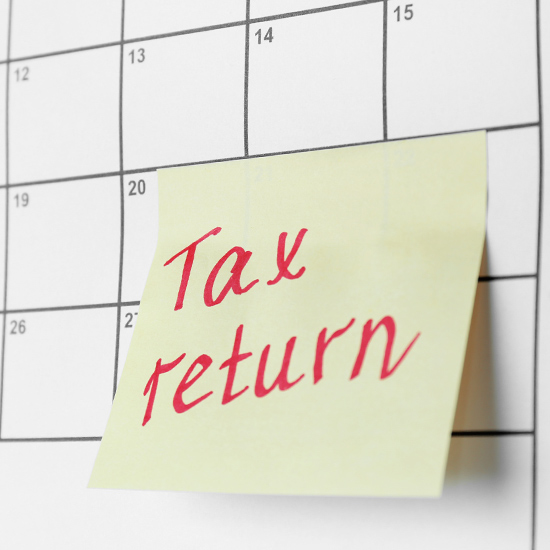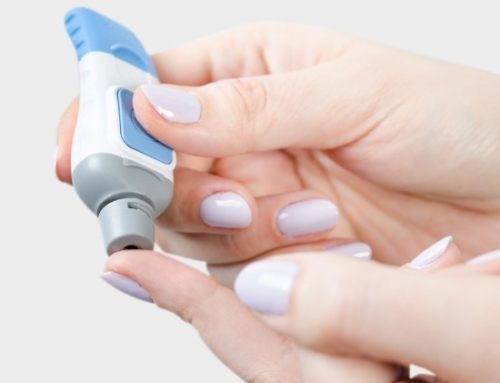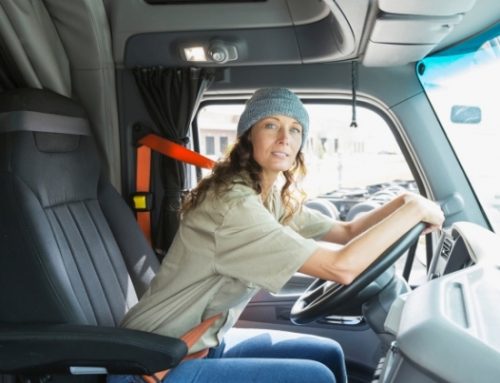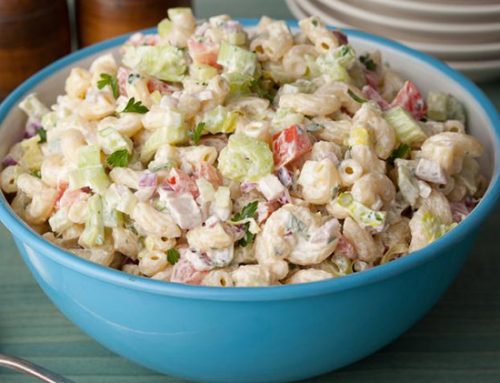 Many of us are familiar with completing our own yearly tax returns, but as with everything in life, there is always something new to learn. Canadian Long Haul truck drivers should familiarize themselves with some of the tax perks of being an over the road driver.
Many of us are familiar with completing our own yearly tax returns, but as with everything in life, there is always something new to learn. Canadian Long Haul truck drivers should familiarize themselves with some of the tax perks of being an over the road driver.
#1 You Get a Meal Allowance
Your logbook is more than your record of HOS, it comes in handy at tax time. Canadian long haul truck drivers are entitled to claim up to a $51 per-day meal allowance (3 meals at $17 each). You can claim one meal after every four hours from the departure time, to a maximum of three meals per day. For the purposes of calculating the maximum number of meals allowed, a day is considered to be a 24-hour period that begins at the departure time. When filing your taxes you’ll want to make sure you complete Form TL2 There are a few different methods you can use to claim this:
The Simplified Method – doesn’t require receipts – all you have to do is, reasonably, calculate the number of meals you purchased per day.
The Detailed Method – Requires receipts and is the right way to go if you spend more than $51 per day on meals on a regular basis. As it takes more time to record and report using the detailed method, it is probably not worth the additional time if you randomly spend more than $51. This method has you list each of your meals and of course – you must be able to provide the proof of purchase.
U.S. Exchange Notes – no matter the method you use, make sure you separate your Canadian Meals from your U.S. Meals, because you can claim the exchange rate on the American meals. With the Canadian dollar in the tanks, this will be a beneficial task to complete. Revenue Canada bases the exchange rate on the Bank of Canada annual average U.S. exchange rate.
The Outcome of the Meal Allowance – where most industries allow a 50% claim for meals, long haul truck drivers receive an 80% claim. With a long haul driver’s meal expenses close to, and above $16,000 – this make a huge difference when 80% or $12,800 is deducted from your income.
#2 You Can Claim Your Showers and Your Lodging
Truck stops offer a free shower when you fuel, but maybe you’re not fueling as often as you need to shower. Keep those receipts and claim them at tax time. In addition, if you need a break from sleeping in the truck, you can grab a hotel room, rest assured that you’ll be able to claim 80% of the expense come April.
Using the same TL2 Form, you can claim your shower expenses and your lodging expenses. This is as simple as keeping your receipts and filling out the appropriate line on the TL2 Form. Note that showers and lodging expenses are lumped together.
The Outcome of the Lodging and Showers Allowance – Shower costs add up quickly with the average trucker spending close to, and above $1500 a year on staying clean. Knowing that you can claim 80% or $1200 makes the price tag a little easier to swallow.
#3 Everything Else
Long haul truckers incur many expenses while performing their jobs, not all of these will be reimbursed by the company. The good news is, you can claim them on your taxes by Completing Form T777.
The general rules for making these claims are:
- The expenses haven’t been reimbursed by the company,
- You have the receipts for the items you want to write off, and
- You have valid log books to show you were over the road.
If you are unsure if you are able to claim an item we suggest that you speak with a professional. They will be able to answer any questions you may have. At the same time, it’s also important for you to have a general understanding so you know what receipts to keep and which ones you can just get rid of.
This list includes many items but is not all inclusive. There may be things missing, but we hope that, at the very least, gives you an idea of the type of items that you can write off.
Cleaning Supplies – Air Fresheners, Armour-All, Broom and Dustpan, Laundry Soap, Paper Towels, Trash Bags, Window Cleaner, and Vacuum
Clothing – Boots, Gloves, Hard Hat, Safety Glasses, Safety Vests, and Travel Bags
Electronics – Antenna, CB Radio, Cell Phone, Cell Phone Fees, Circuit Tester, GSP Unit, GPS Map Update Fees, Power Boosters, Power Converters, and Power Cords
Fees – ATM Fees, Association Fees/Dues, CDL Driver’s License, Copy/Fax Fees, Criminal Record Check Fees, Driver’s Abstract Fees, Parking Fees, Scale Fees, and Toll Fees
In Cab Living – Alarm Clock, Bedding, Cab Curtains, Coffee Maker, Cook Top, Cooking Utensils, First Aid Kit, Lap Desk, Microwave, Refrigerator, Tupperware/storage bins, and Thermos
Load Securement – Bunge Cords, Load Chains, Load Bars, Load Straps, and Locks
Office Supplies – Atlas, Briefcase, Calculator, Clipboard, Log Books, Log Book Binder, Maps, Notebooks, Paper, and Pens/Pencils
Personal Hygiene – Hand Sanitizer, Laundry, Showers, and Shower Shoes
Tools – Bolt Cutters, Buffer, Crowbar, Duct Tape, Electrical Tape, Fifth Wheel Puller, Flashlight, Hammer, Pliers, Screwdrivers, Tire Iron, and Wrenches
Transportation & Lodging – Air Fare, Bus Fare, Cab Fare, and Hotel/Motel Stays
If you need more help with understanding the Employment Expenses claim, and aren’t afraid of some heavy reading, Revenue Canada explains it all with this handy guide: Employment Expenses Includes forms T777, TL2, T2200, and GST370 2017





